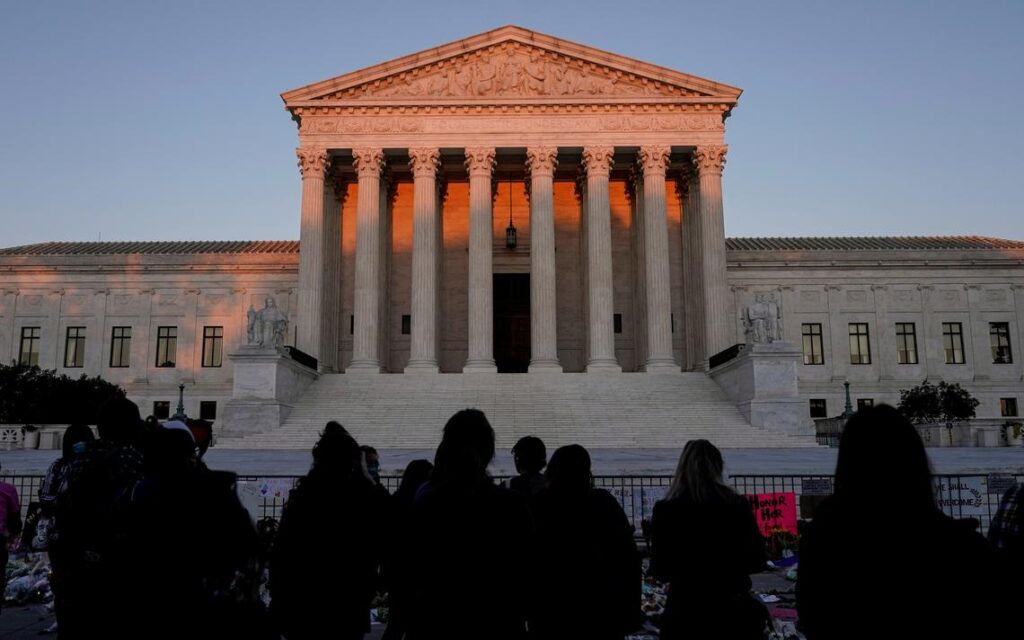As someone who teaches about social innovation and social change, I am always on the lookout for exemplars that reveal both timeless and contemporary lessons. So on September 18th, when Supreme Court Justice Ruth Bader Ginsburg passed from this life into the next, there was no option but to pause and bear witness.
Undoubtedly, her professional accomplishments tell a fascinating story of progress unfolding. But I was shocked to learn that her personal journey was also an evolution in values and norms. When first pursuing law at Harvard, she explained her presence to faculty there by saying that a legal education would help her be a supportive wife (her husband was also in law school). Yet less than 40 years later, this woman was the second ever to sit on the Supreme Court, having earned that place through a legal career that fundamentally redefined women’s status in American society. It astounds me that someone who started out so humbly about her own role in society could, in just one lifetime, become an iconic and public figure of her stature.
Justice Ginsburg’s personal evolution as a feminist, the professional ceilings she broke in American society, and her body of work on the bench all symbolize what deep social change-making looks like. It requires both internal and external transformation involving diverse stakeholders, organizations, and systems. Yet in truth, it was the circumstances of her death that pulled me into contemplation about her, and about us, because they illuminate other truths that I believe advocates of social change must face.
No matter what political position one takes, the dominating narrative in the U.S. right now is that things need to change. But change is already all around us. We are in a polarized moment characterized by an intense and careening kind of social change. Laws are forced through by one group and then subsequently undone. Public policies shift from one week to the next. Long time allies are wary of us and former foes are now claimed to be allies.
What could epitomize the transient ricochet of this moment more than news headlines discussing a replacement for Justice Ginsburg before she’d even been eulogized? Instead of giving her storied existence the time it deserves, her legacy was immediately dwarfed by the question of who would take her place. This chapter in human history rewards acting quickly to remain in control. The pace is dehumanizing and it raises questions for me about whether “change” is the best way to frame the goal so many are after.
System dynamics scholars talk about reaching a dynamic equilibrium, a kind of steady-state that allows opposing forces to move around, but is distinguished by stability in the overall system. I like this analogy because it reminds me that for social change to stabilize and last, all parts of the system must evolve together in concert. I think Justice Ginsburg understood that. She often framed her legal arguments in ways that centered the people she wanted to transform, rather than those who shared her identity. For example, she made the case for women’s rights at work by first expanding the scope of men’s rights in relation to caregiving. She moved her audience step by step along her line of logic in a way that was accessible to them so that there would be little room for backsliding.
Beck Visiting Social Innovator Vanessa Garrison recently advised some of our students to frame the change they want to see in terms that people with opposing values can still appreciate. I think this is the insight we must carry with us going forward. We likely will never convince everyone in our society of our own values, but we must seek to understand their values well enough to describe a new future that they would be willing to share. Doing that work takes time. It takes focus and discipline.
It is so hard to stop in the midst of the chaos swirling around us to do that slow painstaking work. But I think it would be the best way to honor Justice Ginsburg and also is the way we will find our way to lasting societal change.
Together with you,

Brittany Butler
Executive Director, SICI
Adjunct Lecturer, HKS

